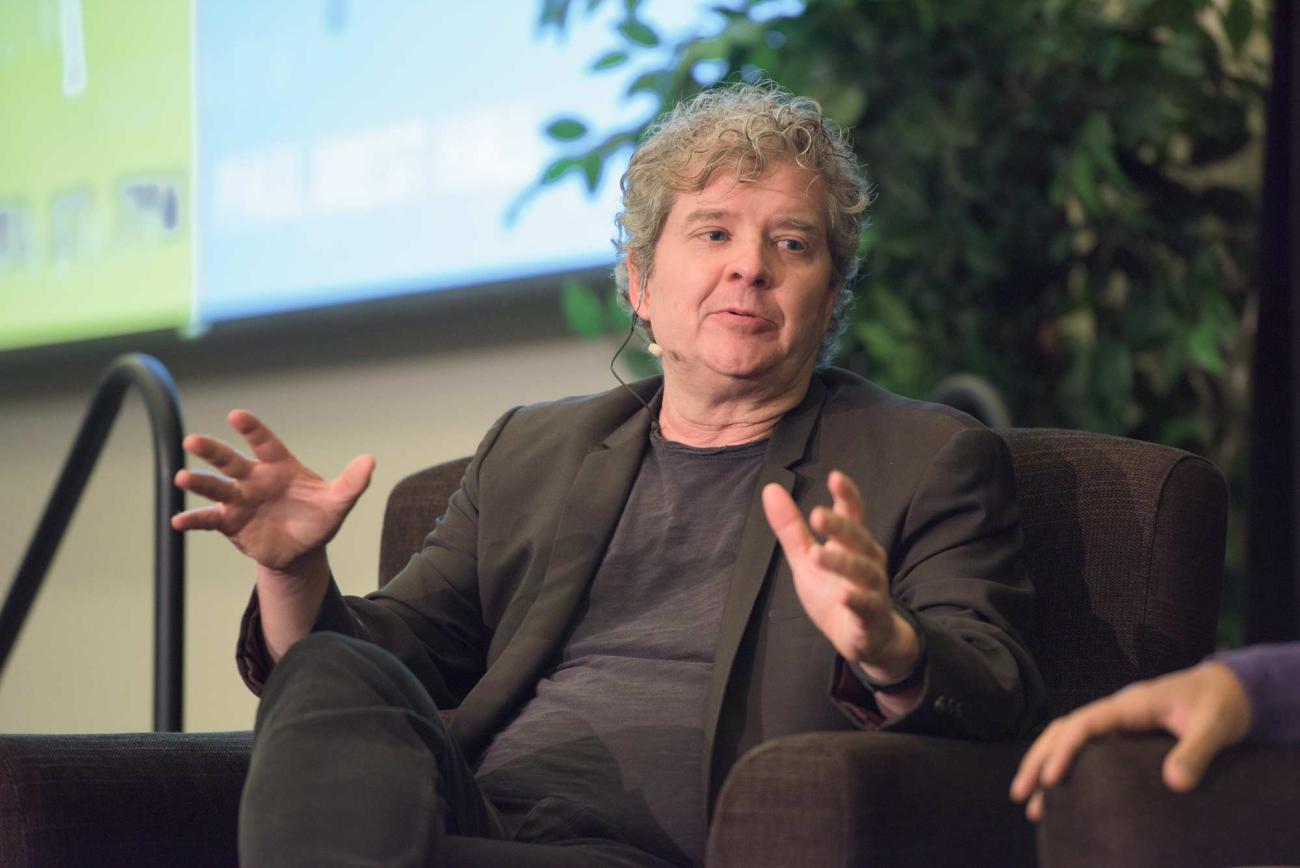
Stanford education policy researchers named among most influential in field
The American Enterprise Institute in Washington, D.C., released on Wednesday its annual list of 200 scholars who had the biggest influence on educational policy and practice last year.
Twenty Stanford researchers, including 13 from the Graduate School of Education, were recognized for their ability to move ideas from academic journals into the national conversation. Linda Darling-Hammond, professor emerita of education, topped the list.
Other ranked faculty were Larry Cuban, professor emeritus of education; Jo Boaler, professor of education; Raj Chetty, professor of economics and senior fellow at the Stanford Institute for Economic Policy Research (SIEPR); Eric Hanushek, senior fellow at the Hoover Institution; Sam Wineburg, professor of education; Martin Carnoy, professor of education; Nel Noddings, professor emerita of education; Michael Kirst, professor emeritus of education; Claude Steele, professor emeritus of psychology; Sean F. Reardon, professor of education and a senior fellow at SIEPR; Susanna Loeb, professor of education and a senior fellow at SIEPR; Caroline M. Hoxby, professor of economics and a senior fellow at SIEPR; Terry M. Moe, professor of political science and a senior fellow at the Hoover Institution; David F. Labaree, professor of education; Thomas S. Dee, professor of education and a senior fellow at SIEPR; Rob Reich, professor of political science; Bruce McCandliss, professor of education; Margaret Raymond, research fellow at the Hoover Institution; and Eric Bettinger, professor of education.
These scholars delved into varied areas of education, producing research on charter schools, financial aid in higher education, teacher performance, achievement gaps and more. They also spoke at conferences, taught at educator workshops, penned op-eds and met with policymakers.
AEI education policy director Rick Hess said the list is "a serious but highly imperfect attempt to nudge academe to do more to recognize and encourage scholarship which engages the real world of practice and policy."
The RHSU Edu-Scholar Public Influence Ranking is based on nominations and metrics regarding academic body of work and public impact -- including mentions in media and the Congressional Record. The list was first released in 2010.
For the complete list, as well as further information on its methodology, visit this post on the blog Rick Hess Straight Up, which is published on the Education Week website.
Faculty mentioned in this article: sean reardon



